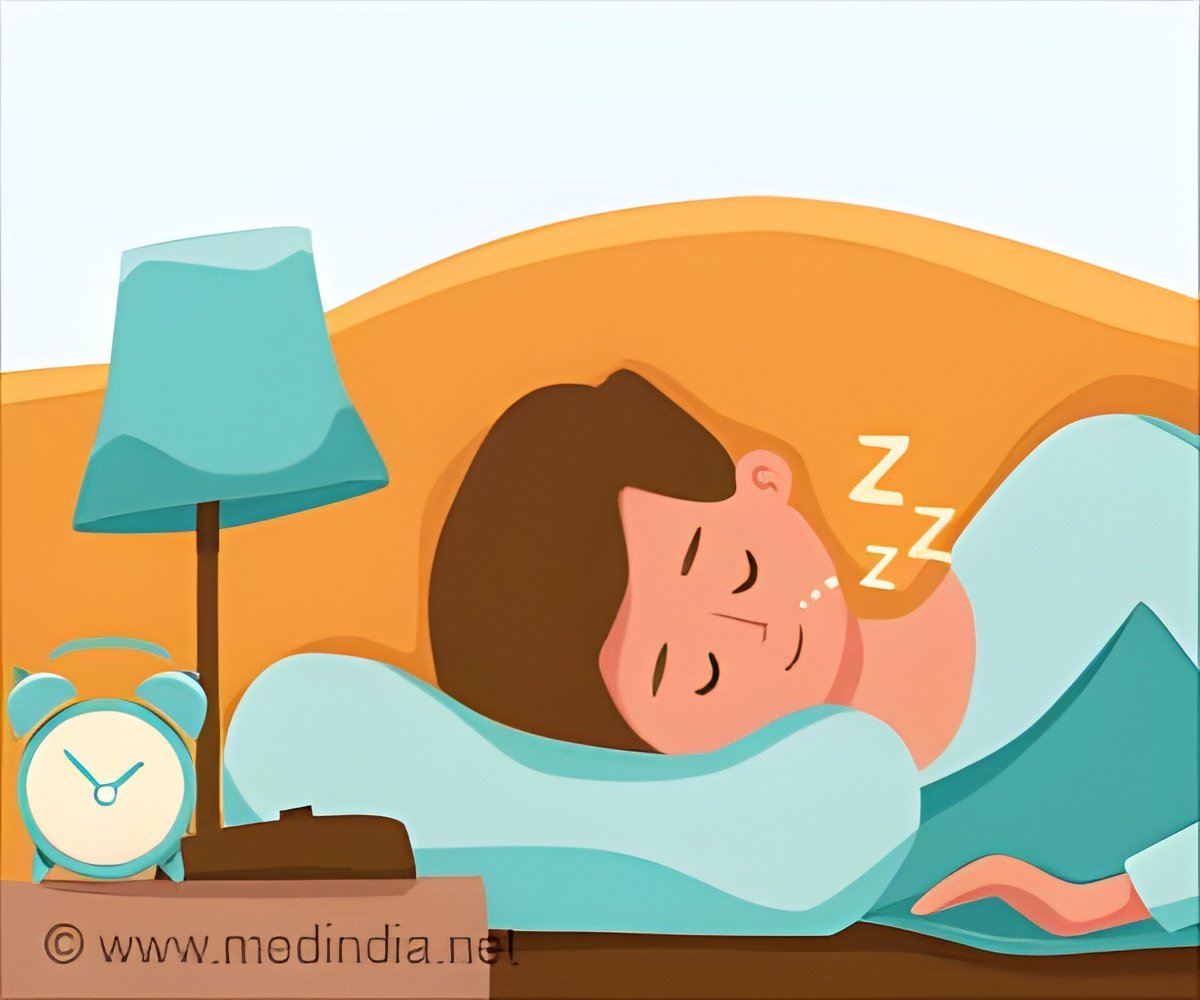
A new study set to be presented at the SLEEP 2024 annual meeting has discovered that healthy sleep positively influences gratitude, resilience, and overall flourishing in adults (1✔ ✔Trusted Source
Improving sleep quality leads to better mental health: A meta-analysis of randomised controlled trials
).
Positive Impact of Extended Sleep on Well-Being
The study’s results indicate that earlier bedtimes, which extended sleep by an average of 46 minutes per night, led to improvements in subjective sleepiness and mood disturbances. In contrast, later bedtimes that reduced sleep by an average of 37 minutes per night exacerbated these issues. Over the course of the week, participants who extended their sleep showed significant improvements in measures of flourishing, resilience, and gratitude, while those with restricted sleep saw these measures worsen. Notably, participants with extended sleep wrote twice as much on their gratitude lists compared to others in the study.
“Polling data indicates that happiness has declined in the U.S. in recent years, and during the same time period, sleep problems have been widespread,” said principal investigator Michael Scullin, who has a doctorate in psychology and is an associate professor of psychology and neuroscience at Baylor University in Waco, Texas. “While it’s recognized that sleep loss worsens mental health symptoms, there have not been experimental studies to test whether increasing sleep improves the positive aspects of life like feelings of purpose, hope and gratitude.”
Implications for Sleep Health
The study involved 90 adults who were randomly assigned to late bedtimes, early bedtimes or to sleep normally across a single workweek and were monitored by actigraphy. The primary outcomes were changes in state and trait feelings of flourishing, resilience, and gratitude, as well as behavioral expressions of gratitude.
The impacts of poor sleep health are well-documented. The American Academy of Sleep Medicine and Sleep Research Society recommend that adults should sleep seven hours per night on a regular basis to promote optimal health, productivity and daytime alertness.
Scullin noted that experimentally increasing sleep improved these positive attributes, which are at the core of well-being and among the underpinnings of prosocial behaviors.
“Subtly increasing sleep increased people’s gratitude, resilience and feelings of flourishing in life,” Scullin said.
Advertisement
Reference:
- Improving sleep quality leads to better mental health: A meta-analysis of randomised controlled trials – (https://www.ncbi.nlm.nih.gov/pmc/articles/PMC8651630/)
Source-Medindia



